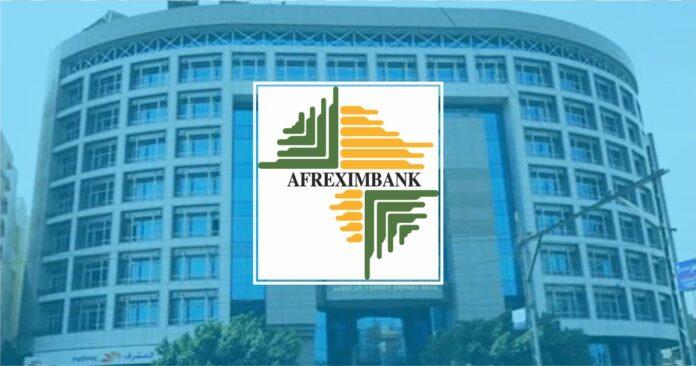The African Export-Import Bank (Afreximbank) has announced that it will establish a funding mechanism to guarantee that Nigeria’s Digital Switch Over (DSO) project is completed before the end of the year.
According to NAN, Afreximbank President Benedict Oramah made the announcement in Cairo, Egypt, when Lai Mohammed, Egypt’s Minister of Information and Culture, led a delegation of DSO stakeholders on bilateral talks on the project.
As part of the digital switchover (DSO) in Lagos, the National Broadcasting Commission (NBC) offered free set-top boxes in April 2021. The goal of the venture was to let millions of Nigerians who couldn’t afford Pay-TV subscriptions, to watch digital television with decent content from 60 channels.
According to Oramah, Afreximbank was impressed with the presentation and would use Nigeria as a model for DSO project funding in other African nations.
“The transition to digital television is a worldwide trend, and it was inspiring to see the minister’s commitment to the cause,” he added.
“I’ve met with him numerous times in France and Nigeria, and he’s coming here with a very robust group that includes all of the stakeholders.”
“What we want to do is engage with all stakeholders, notably the private sector, to put in place a financing structure that would save Nigeria more than $400 million in subsidy that would otherwise be imposed.”
“The Nigerian government would profit if we are able to complete this before the end of the year because we will be able to release the spectrum that is now being sold for roughly two billion dollars to telecommunication firms.”
“We tell you that we will put in place the financial framework that will work because we know that if we do it effectively in Nigeria, other African countries pursuing similar goals would follow our lead.”
Supporting the DSO project, according to Oramah, will create a platform for the growth of Nigeria’s creative industry.
Mohammed, for one, believes that the creative industry is critical to Nigeria’s economic diversification since, after agriculture, it employs a bigger number of people, mostly women and the youth.
He said that the initiative will also help to close the digital gap by providing more fair access to the disconnected in underserved and distant areas.
The minister recalled that at the start of the program, the government’s subsidy-driven model was unsustainable.
“When the program first began, the government subsidized the STB, which was purchased from manufacturers for $30 each box and sold to customers for $10,” he explained.
“The government also paid signal distributors and middleware suppliers, but the subsidy system can no longer be sustained.”
“Right now, the government isn’t going to grant the project any more financial assistance, which is why we’ve reengineered and rejigged the program to make it economically feasible.”
“The government will only assist the initiative in terms of rules, lobbying, and policy formation.”
“For example, the Broadcasting Code has already been changed to safeguard local manufacturers, marketers, and channel owners.”

